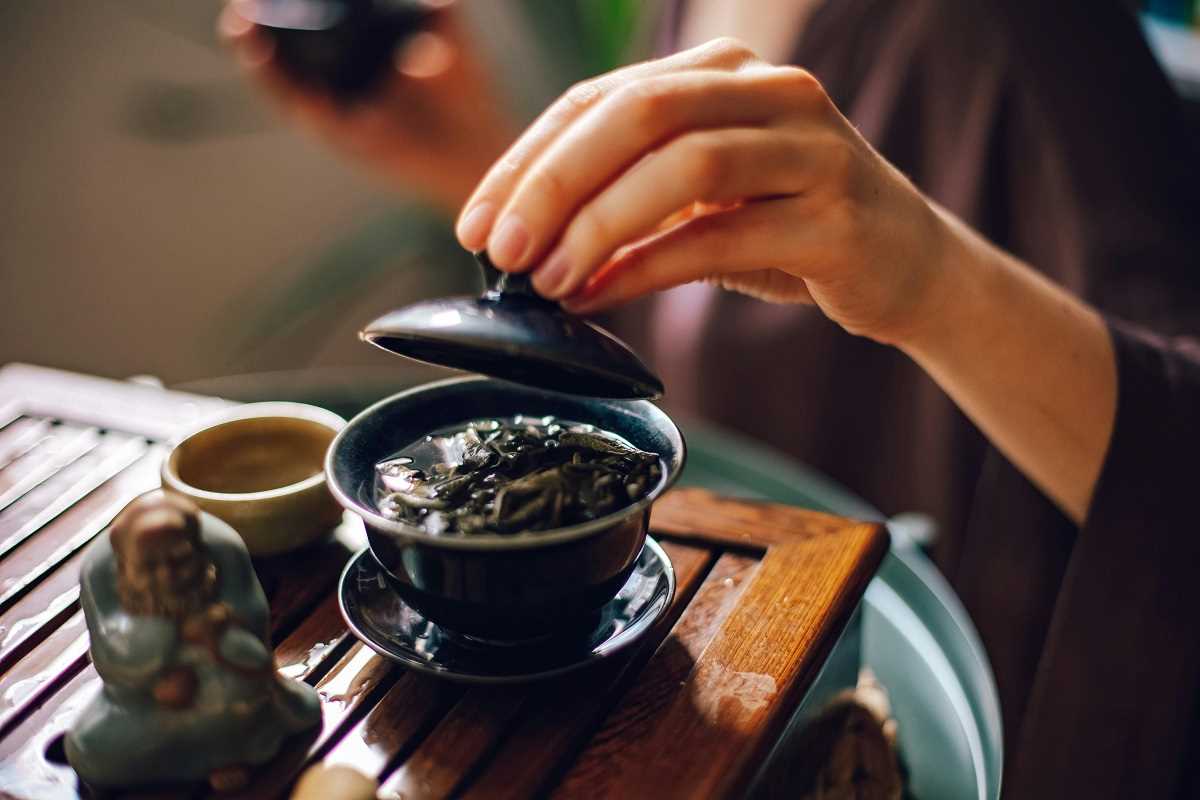In an increasingly interconnected world, the fusion of diverse cultural health practices into our daily routines offers a rich tapestry of wellness possibilities. Cultural health practices, rooted in centuries-old traditions, provide a wealth of knowledge that extends beyond conventional medicine. These practices have served as the backbone of health and wellness for countless cultures, offering holistic approaches to achieving balance in body, mind, and spirit.
A Glimpse into Global Wellness Traditions
- Ayurveda from India: This ancient system of medicine emphasizes balance through diet, herbal treatments, and yogic breathing. Ayurveda suggests that each individual has a unique constitution, or dosha, which dictates their personal wellness needs. Home adaptations of Ayurveda can include incorporating spices like turmeric and ginger into your meals or practicing daily yoga and meditation.
- Traditional Chinese Medicine (TCM): TCM is based on the concept of balancing yin and yang and includes practices such as acupuncture, tai chi, and herbal medicine. At home, one might adopt simple TCM principles by integrating tai chi exercises into their morning routine or using herbal teas to support digestive health.
- Native American Healing Rituals: These rituals often focus on spiritual healing and connection with nature. Practices include the use of sweat lodges, smudging with sage, and storytelling. Families can incorporate these elements by creating rituals that honor nature, using smudging as a cleansing practice, or holding family storytelling evenings to strengthen communal bonds.
Adapting Practices for Home Use
Adapting these global traditions for the home can be a fulfilling journey. Here are a few examples:
- Herbal Remedies: Many cultures utilize herbs for their medicinal properties. Creating a small herb garden with plants like basil, mint, or lavender can provide both culinary and therapeutic benefits.
- Meditation Techniques: Meditation is a universal tool for mental clarity and relaxation. Exploring different styles, whether it's mindfulness meditation from Buddhist traditions or guided imagery from various cultures, can help find what resonates with you and your family.
- Dietary Habits: Incorporating dietary principles from various cultures can enhance nutritional balance. For instance, adopting the Mediterranean diet’s focus on whole foods and healthy fats or using the Ayurvedic approach of eating seasonally and locally can enrich your dietary habits.
Benefits of Integrating Wellness Traditions
Incorporating diverse wellness traditions into your lifestyle can lead to a multitude of benefits. Embracing these practices can improve physical health through balanced nutrition and exercise, while also enhancing mental well-being by promoting stress relief and spiritual growth. Furthermore, this integration fosters a greater appreciation for cultural diversity and the shared human quest for health and happiness.
Tips for Respectful Integration
- Research and Understanding: Take the time to learn about the historical and cultural contexts of the practices you wish to adopt. This respect for the origins ensures a more authentic and effective integration.
- Consult Professionals: If possible, seek guidance from practitioners skilled in the specific tradition. They can provide valuable insights and personalize practices to better suit your needs.
- Start Small and Be Consistent: Begin with small, manageable practices and gradually expand as you become more comfortable. Consistency is key to experiencing the full benefits.
- Stay Open-Minded: Be open to experimenting with various practices to discover what works best for you and your family.
By exploring and integrating global wellness traditions into your home, you not only enrich your personal health journey but also honor the collective wisdom of diverse cultures. These practices offer a pathway to a more balanced, mindful, and interconnected way of living.







